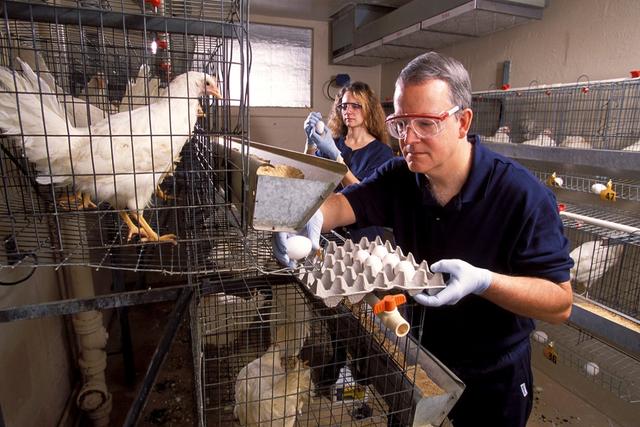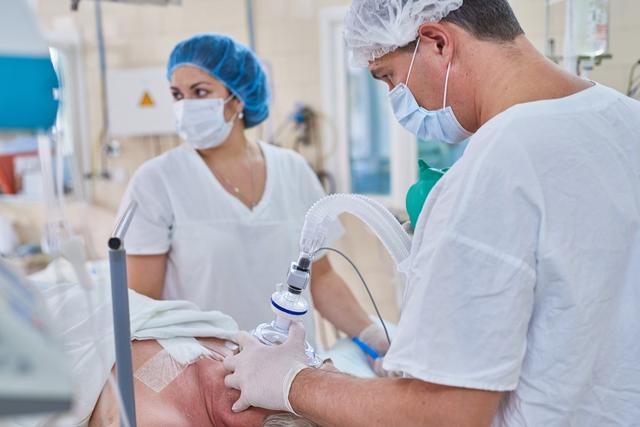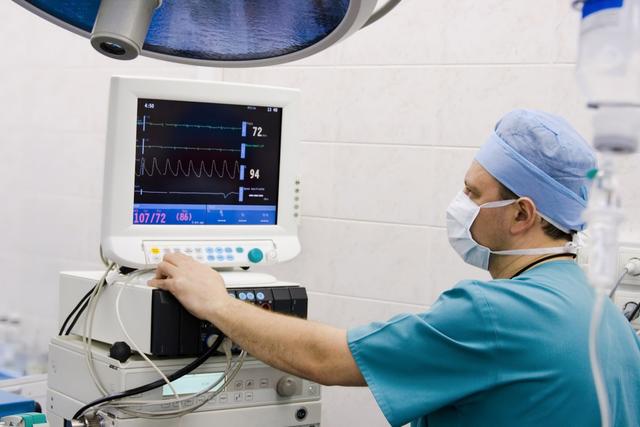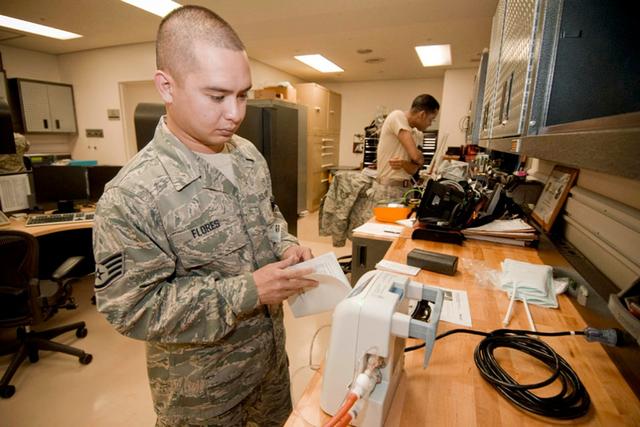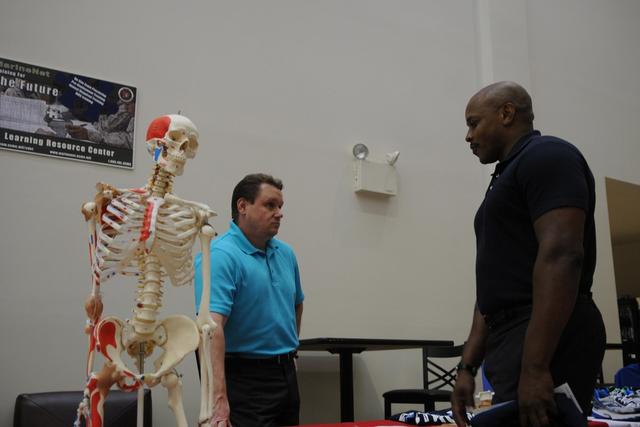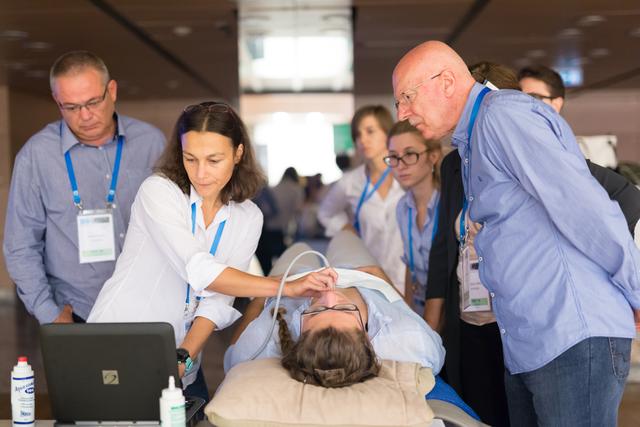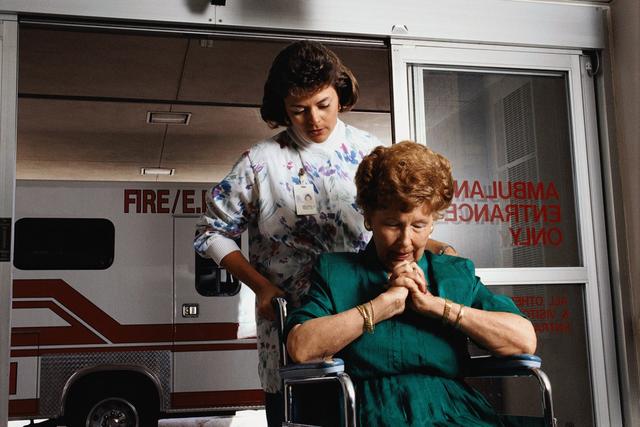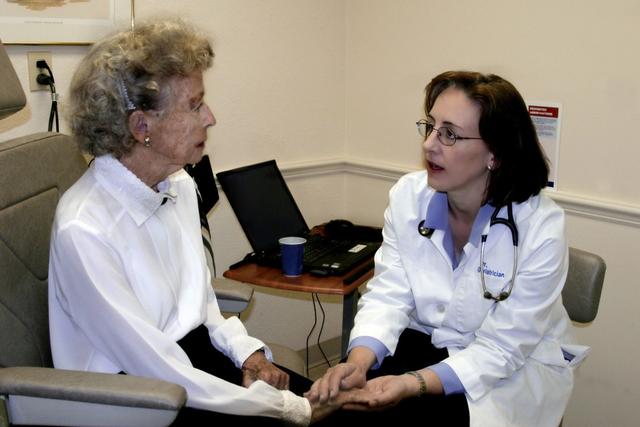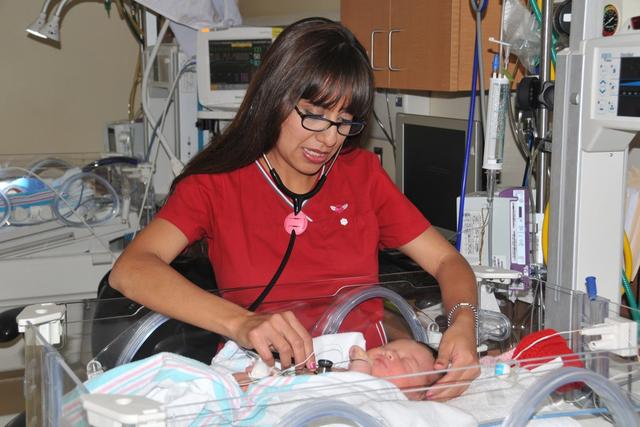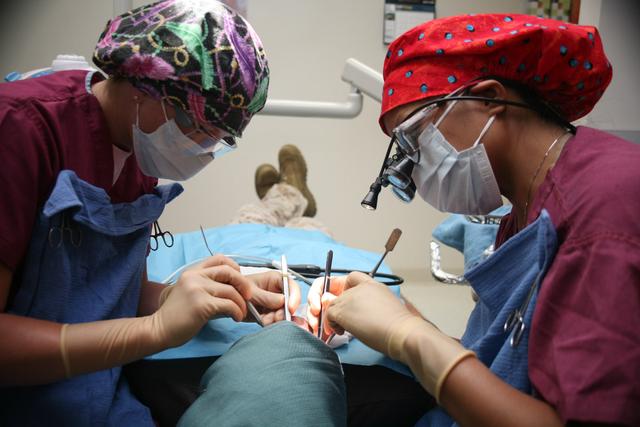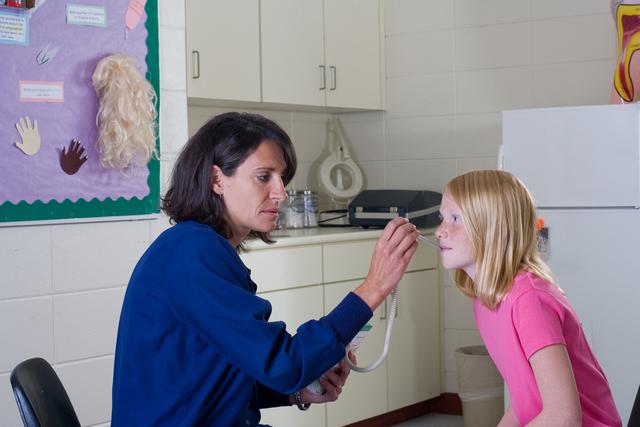Hematologists
Overview

Introduction
Hematologists study and/or treat diseases of the blood and the blood-forming tissues. Some hematologists are physicians—doctors of medicine (M.D.s) or doctors of osteopathy (D.O.s)—who specialize in blood diseases. Other hematologists are medical scientists (doctors of philosophy, or Ph.D.s) who do research on blood diseases but do not treat patients. A few students who plan to focus on medical research choose to complete a joint M.D.-D.O./Ph.D. program.
Quick Facts
Median Salary
Employment Prospects
Minimum Education Level
Experience
Skills
Personality Traits
Earnings
After graduating from medical school, students spend at least two years in a hospital residency program. The average salary for first- and second-year medical residents was $65,000 in 2024, according to Medscape, a health care informatics firm.
According to Salary.com, the median annual salary for hematologists-oncologists was $343,600 in 2024, with salaries ranging from $215,600 to $523...
Work Environment
Hematologists often work in research laboratories as independent researchers and as part of a team. These laboratories can be part of a university, hospital, or government research facility. Hematologists may also be part of a teaching staff at a university or medical college. Those who are physicians work in clinics, as part of a group practice, or as a member of a hospital or research team....
Outlook
The job outlook for hematologists is difficult to predict. Many blood disease questions still need to be solved, but the future of research depends on the availability of funding. Another factor that makes the future of this field unpredictable is the fact that other subspecialties are taking over some of the areas previously handled by hematologists. For instance, the relationship between hema...

